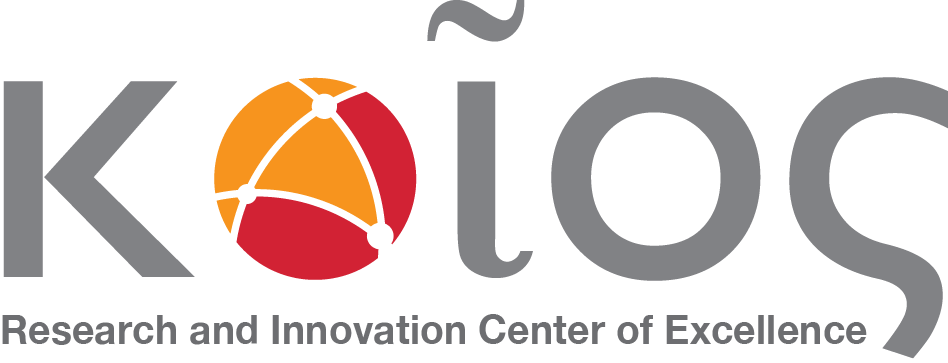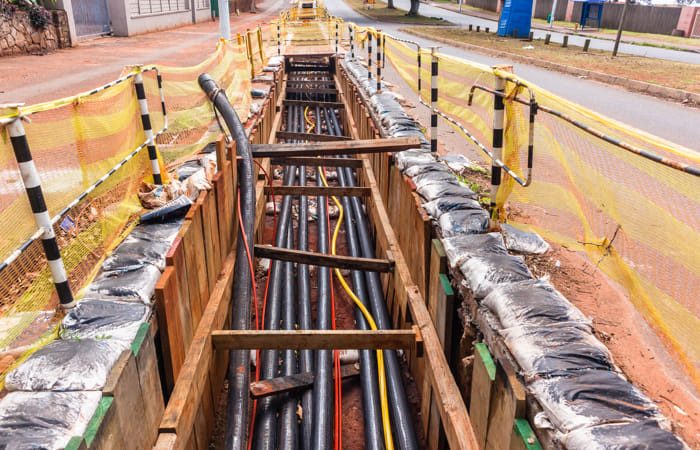The CABLEGNOSIS project aims to deliver innovative cable technologies that will support the clean energy transition era for the 2050 targets set at European level.
The EU’s clean energy transition goals, as outlined in the ‘Fit for 55’ package, require at least a 55% reduction in greenhouse gas emissions from 1990 levels by 2030. Achieving these targets will necessitate electricity grids capable of integrating 50% of total electricity production from renewable energy sources (RES) of all scales by 2030. The rapid expansion of solar PV and wind energy will fundamentally reshape the European power system, driving a substantial increase in demand for new HVAC and HVDC cable connections. These connections will be essential for linking islands and offshore wind farms to the mainland, as well as enabling long-distance interconnections between countries.
The CABLEGNOSIS project will develop innovative insulation and conductor design technologies, high performance and environmentally friendly cable insulation materials, ageing studies of superconducting cables, recyclability technologies for the materials used in power cables, as well as pre-fault condition, aging and remote monitoring AI-based tools. In addition, two feasibility analysis will be developed, one for the use of superconducting cables for submarine connections and another for the offshore wind parks in The Netherlands and Germany. The CABLEGNOSIS technologies will be validated in five European countries (Italy, UK, Greece, Hungary, Cyprus).
Finally, CABLEGNOSIS will deliver a complete deployment plan for supporting the development and operation of efficient, reliable and environmentally friendly cable systems to support the energy transition. The deployment plan will provide the scalability and replicability framework of using the CABLEGNOSIS technologies in future cable development projects, with emphasis in the UK-Morocco interconnection, Cyprus-Greece interconnection, offshore developments in the Aegean Sea.
The project’s consortium consists of 17 partners from Bulgaria, Cyprus, France, Greece, Hungary, Italy, Netherlands and the UK. The project is coordinated by the Institute of Communication and Computer Systems (ICCS) at the National Technical University of Athens.
 This project has received funding from the European Union’s Horizon Europe research and innovation programme under grant agreement 101172819.
This project has received funding from the European Union’s Horizon Europe research and innovation programme under grant agreement 101172819.
Views and opinions expressed are however those of the author(s) only and do not necessarily reflect those of the European Union. Neither the European Union nor the granting authority can be held responsible for them.
Project’s website: https://cablegnosis.eu/

